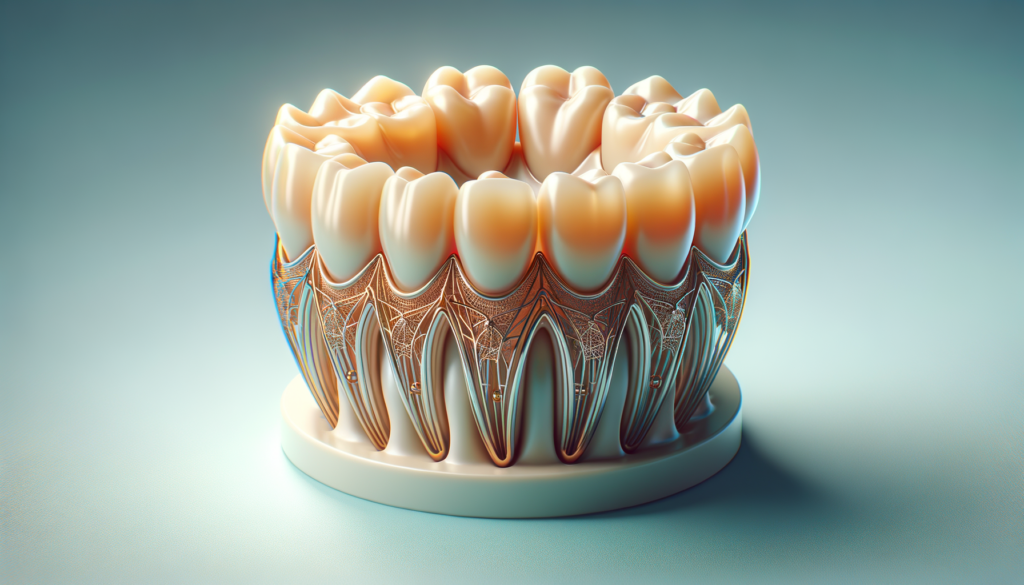The Technology Blog

Qualify for a Dental Crown Clinical Trial in the UK Today
Understanding Dental Crowns and Their Importance
Dental crowns are a pivotal component in restorative dentistry, offering solutions for damaged or decayed teeth. They serve as a cap that covers the entire visible portion of a tooth, restoring its shape, size, strength, and appearance. The importance of dental crowns lies in their ability to protect weakened teeth, improve functionality, and enhance aesthetics. For individuals with significant tooth damage, a dental crown can prevent further deterioration and avoid more invasive procedures like extractions.
There are several types of dental crowns, each crafted from different materials to suit various needs:
- Metal Crowns: Known for their durability and strength, often used for molars.
- Porcelain-Fused-to-Metal: Offers a natural appearance, suitable for front and back teeth.
- All-Ceramic or All-Porcelain: Provides the best natural color match, ideal for front teeth.
- Resin Crowns: Generally less expensive, but may wear down over time.
Dental crowns not only protect and restore teeth but also play a crucial role in maintaining oral health by preventing misalignment and improving bite function. Understanding these benefits can help individuals make informed decisions about their dental care options.
The Process of Qualifying for a Dental Crown Clinical Trial
Participating in a dental crown clinical trial in the UK can be a rewarding experience, offering access to the latest advancements in dental treatments. These trials are designed to test new materials, techniques, or technologies, providing participants with innovative solutions for tooth restoration.
To qualify for a clinical trial, potential participants must meet specific criteria, which may include:
- Age and health requirements: Trials often target specific age groups or health conditions.
- Extent of tooth damage: Participants may need to have a certain level of tooth decay or damage.
- Dental history: Previous dental treatments and overall oral health can influence eligibility.
The selection process typically involves a thorough evaluation by dental professionals, including a comprehensive oral examination and review of medical history. This ensures that the trial is suitable for the participant’s needs and that they can safely undergo the proposed treatment.
Engaging in a clinical trial not only benefits the individual by providing access to cutting-edge treatments but also contributes to the broader field of dental research, helping to improve future dental care practices.
Benefits and Considerations of Participating in a Clinical Trial
Participating in a dental crown clinical trial offers numerous benefits, both for the individual and the dental community. One of the primary advantages is access to advanced treatments that may not yet be available to the general public. This can be particularly appealing for those seeking innovative solutions for complex dental issues.
Additionally, clinical trials are often conducted by experienced dental professionals and researchers, ensuring high standards of care and monitoring throughout the process. Participants can feel confident that they are receiving treatments that adhere to rigorous safety and efficacy standards.
However, it’s important to consider potential risks and commitments associated with clinical trials. Participants should be aware that new treatments may carry unknown risks or side effects. Furthermore, clinical trials often require regular follow-up visits and adherence to specific protocols, which can be time-consuming.
Despite these considerations, many find the opportunity to contribute to dental research and potentially improve their oral health to be a worthwhile endeavor. By participating in a clinical trial, individuals not only take a proactive step towards enhancing their smile but also play a role in shaping the future of dental care.









